A major challenge for GBV victims in Rwanda is establishing paternity, which is often difficult due to a lack of evidence, particularly when paternity is denied. This frequently results in lost court cases and the denial of child support. Read More
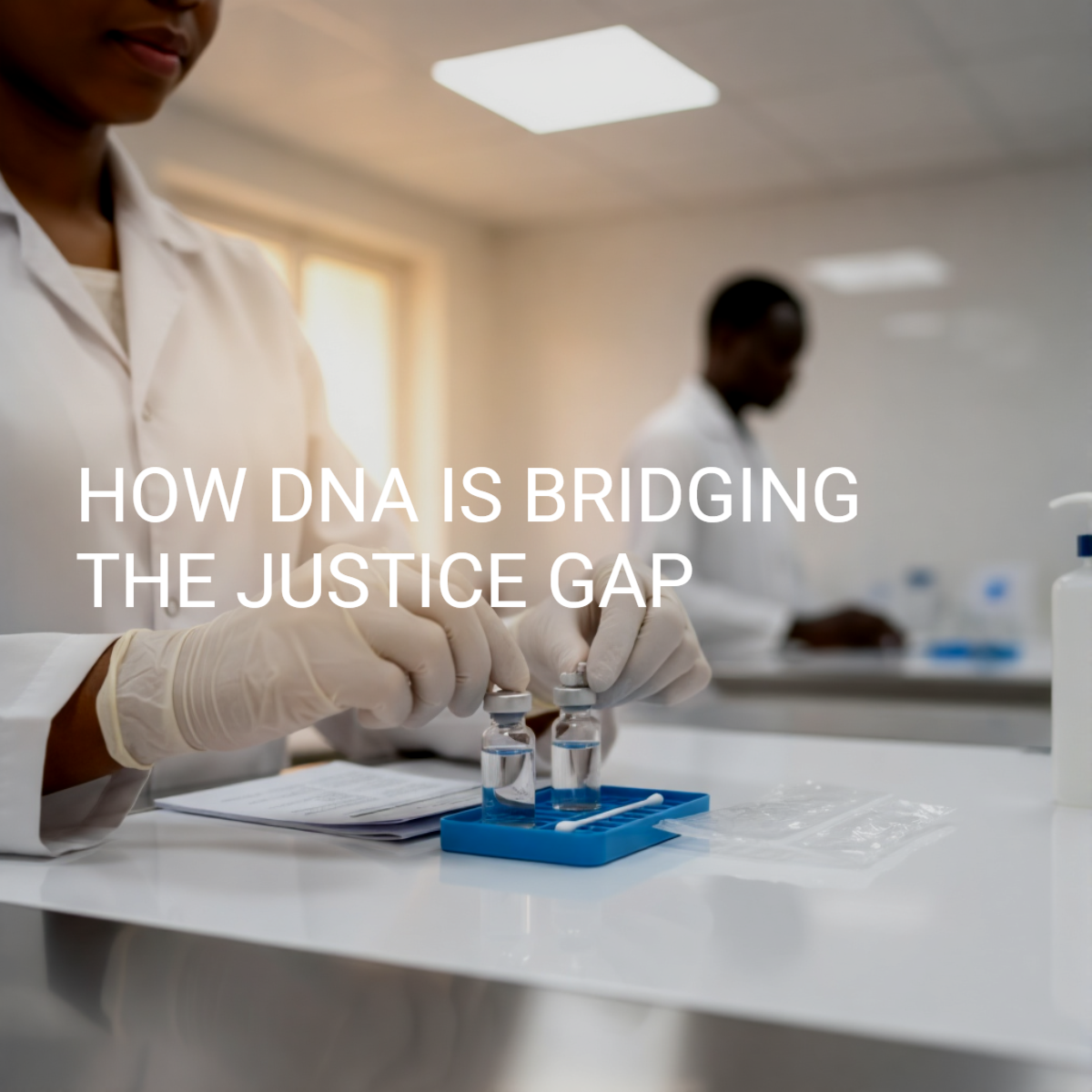

A major challenge for GBV victims in Rwanda is establishing paternity, which is often difficult due to a lack of evidence, particularly when paternity is denied. This frequently results in lost court cases and the denial of child support. Read More
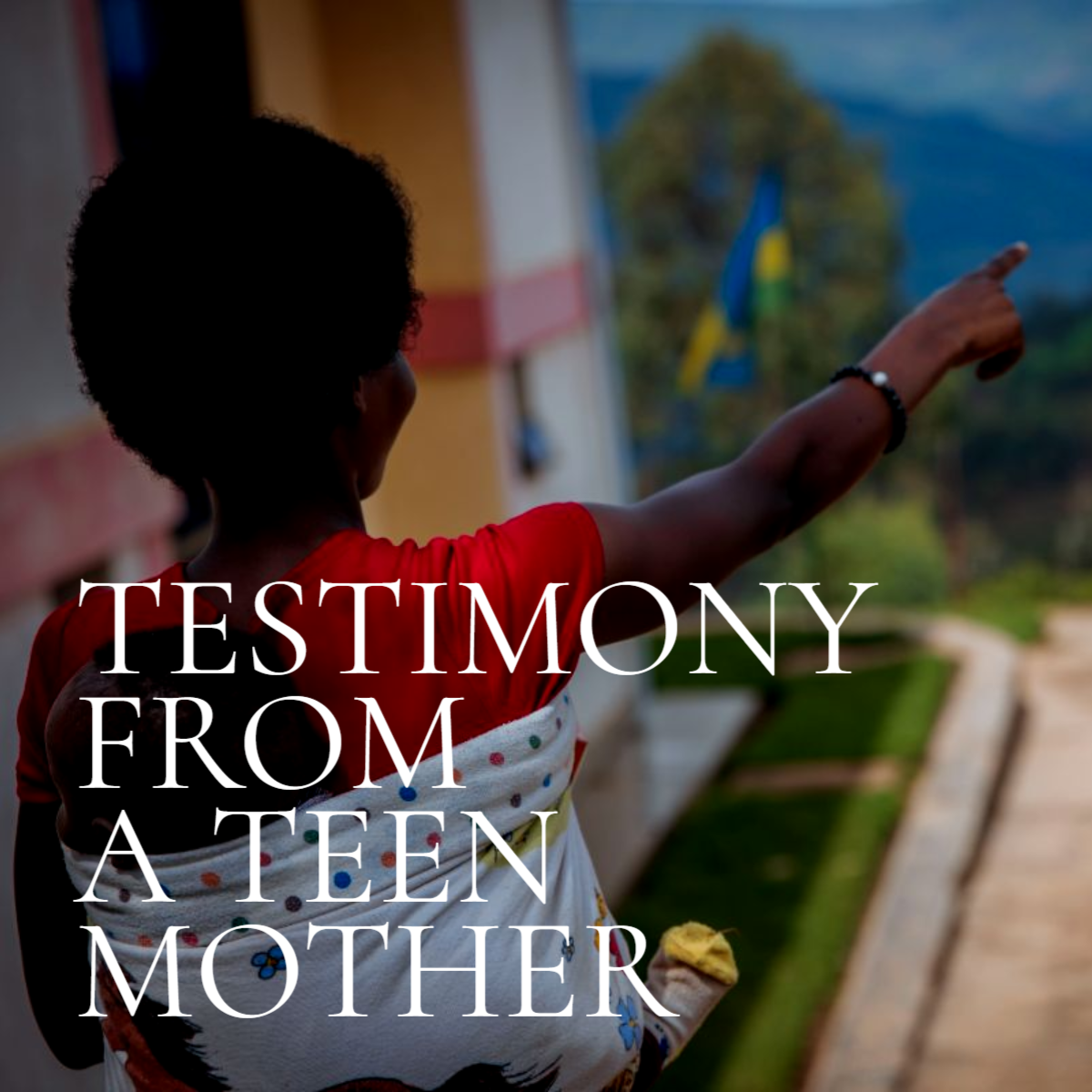
I became pregnant at 17 years old while I was in my second year of secondary school. I never told my parents about my situation, but eventually, my mother approached me after hearing rumors from others in our community. Read More
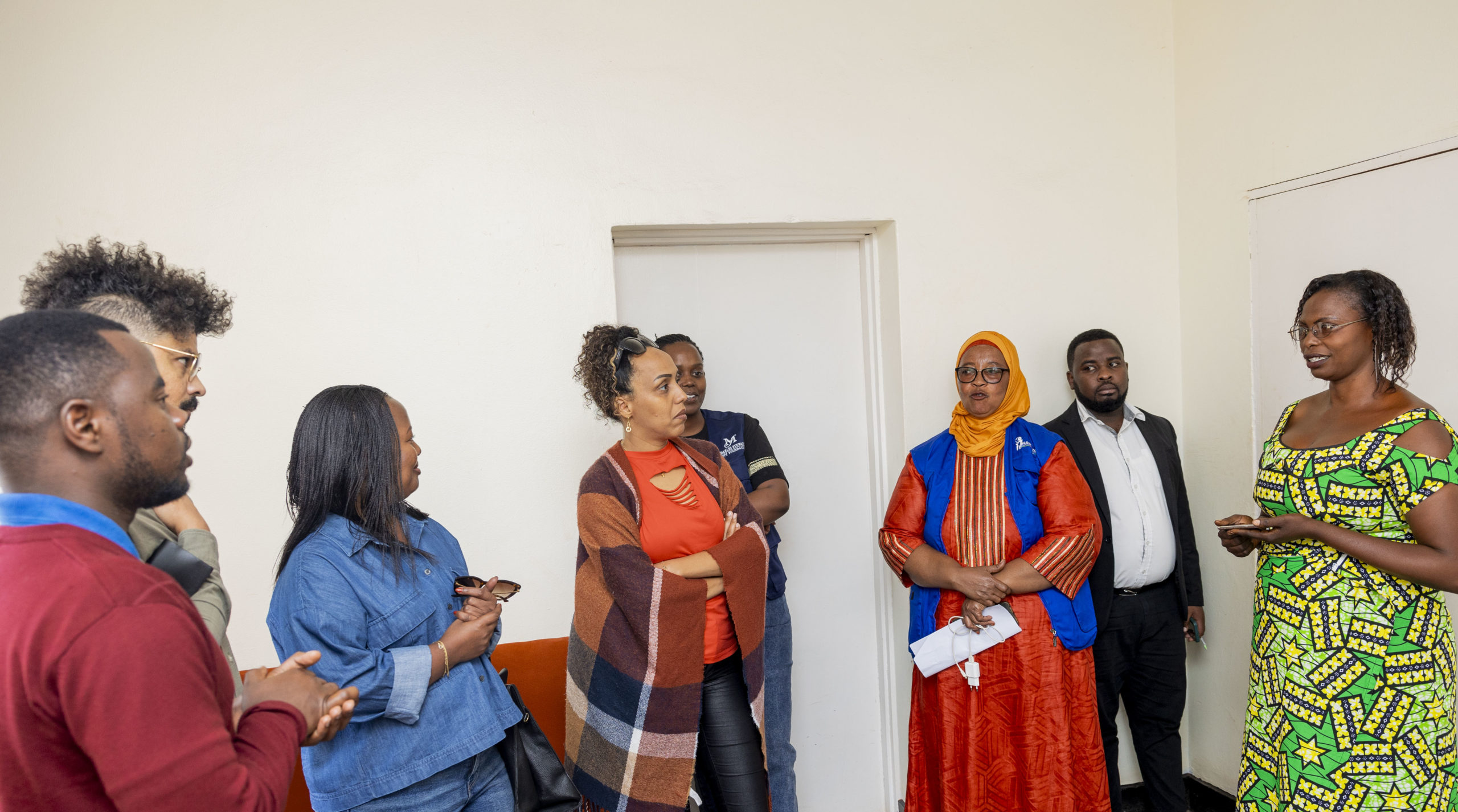
My name is Nkurunziza Marie Claire; I was illegally married with Joseph Nizeyimana whom we lived together for over 10 years blessed with 1 daughter. While living together we acquired properties composed of land, 2 plots, and 2 houses. Read More
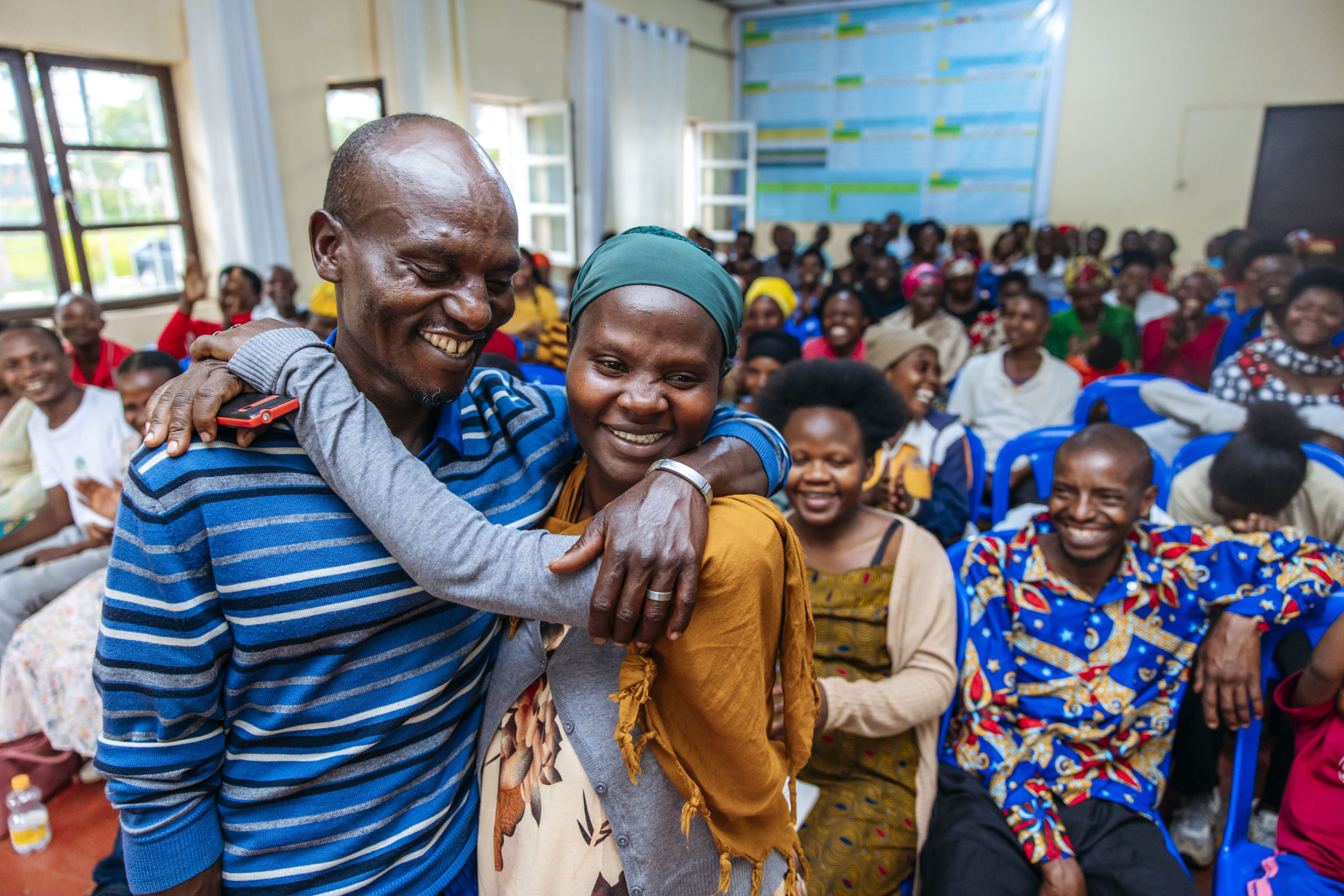
Their story is one of many among the 120 couples who participated in the couples’ dialogue sessions in 2024; some pledged to live peacefully, while others chose to legalize their marriages.
Read More

My name is Uwayezu Henriette, and I am from Kabeza Cell, Cyuve Sector. I am currently a village leader, but before HAGURUKA, my life was very different. We had no peace in our home; we used to fight, and economic violence was a constant struggle. It was a very difficult time. Read More
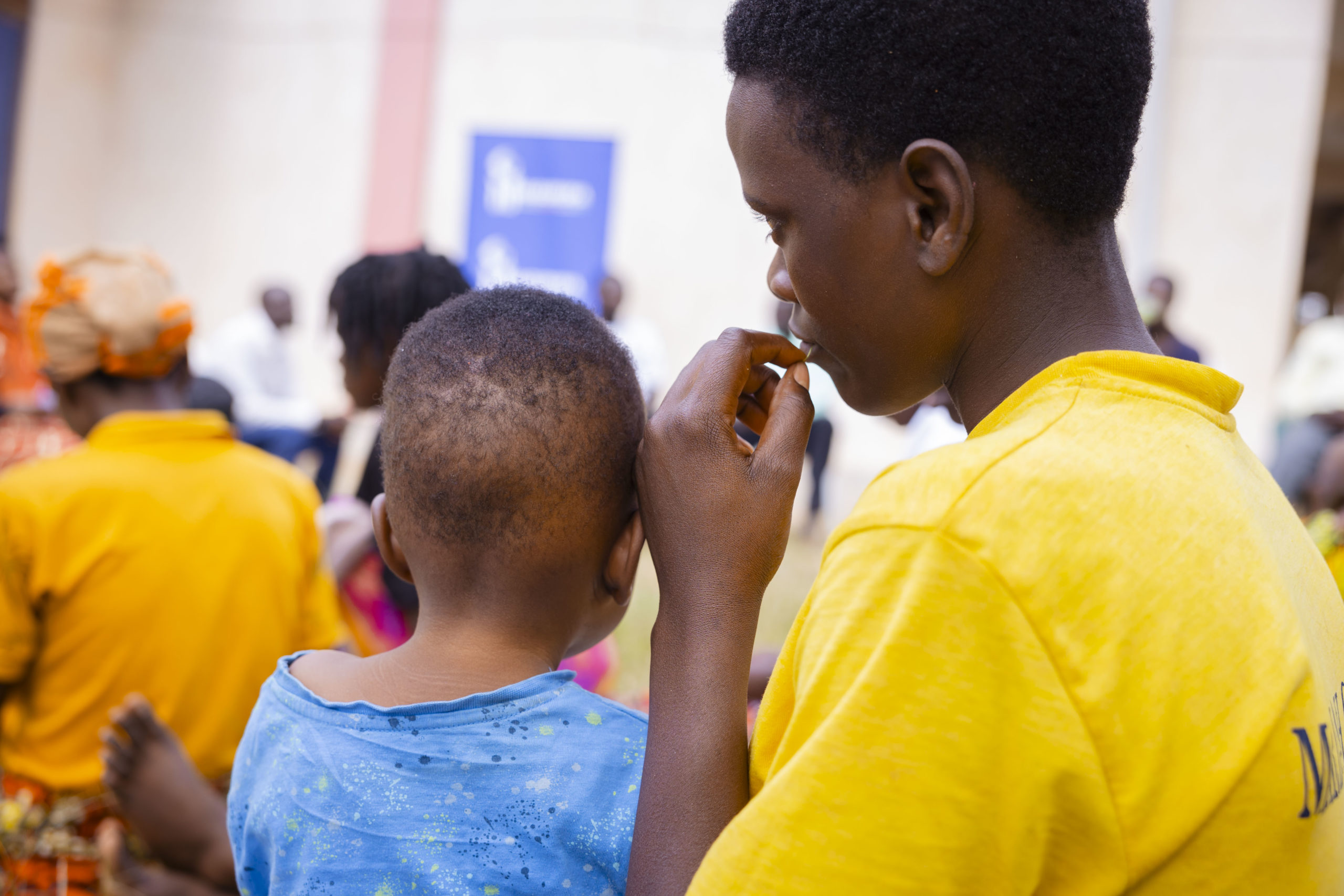
Much of what is called women’s empowerment depends on the men in their lives. Fathers, husbands, sons, and brothers hold power in ways that are often subtle and sometimes direct. Conversations about women’s rights that ignore this reality do not go far. Read More

GBV victims face significant challenges in securing justice due to inadequate forensic science practices and a lack of awareness among medical professionals and the community about the importance of preserving evidence. Read More
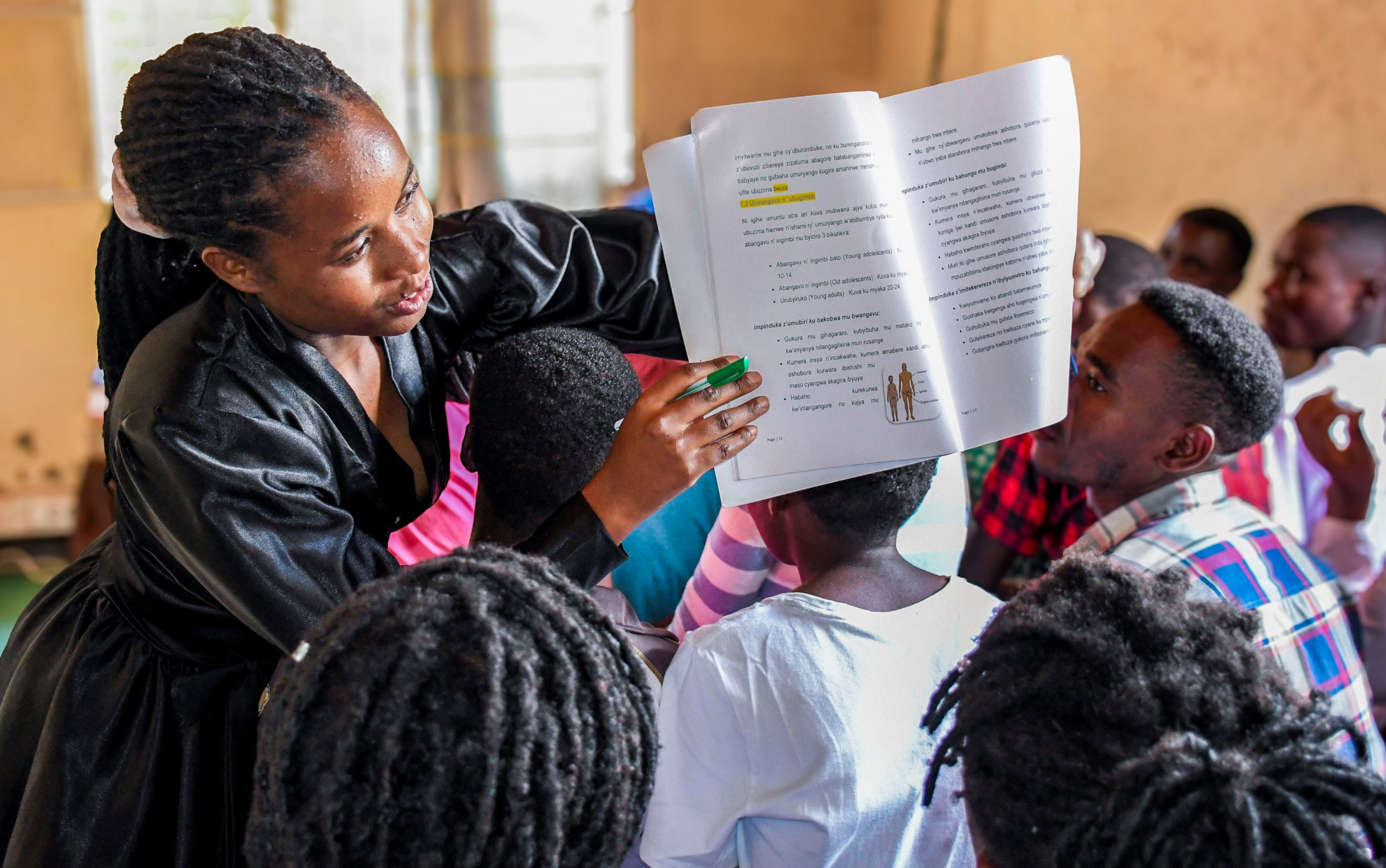
Our magazine recently had the chance to engage with young people involved in our SRHR youth empowerment programs. In a refreshing and honest conversation, they tackled the common myths and misconceptions surrounding sexual reproductive health, shedding light on the realities they face and the knowledge gaps that need to be addressed. Read More

Shelters offer vital refuge and support for victims of violence, connecting them to essential services such as legal and psychosocial assistance. However, resource limitations often hinder their ability to maintain high-quality standards. Read More

My name is Mukarukwaya Christine, and I have been a paralegal for Haguruka since 2001. I started my journey in Gatsata after working as a social worker in the Muhima Sector and being a member of the CNF at that time. Read More